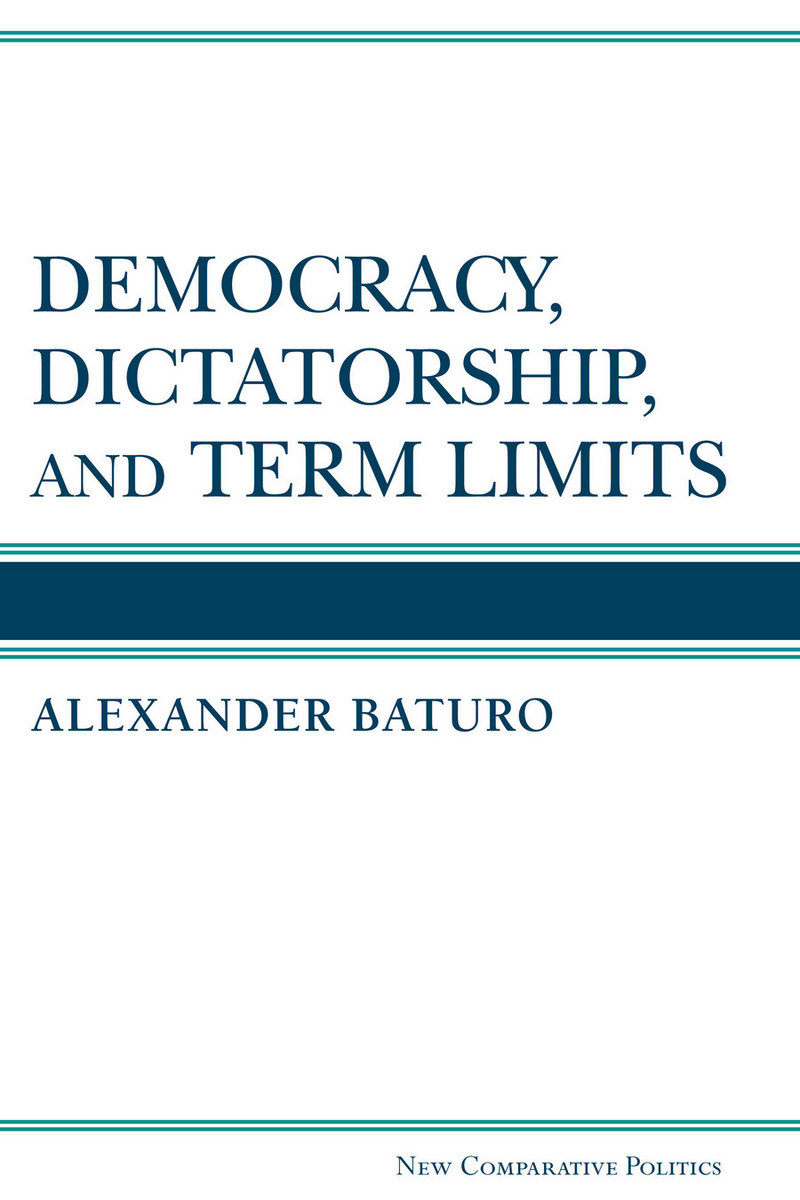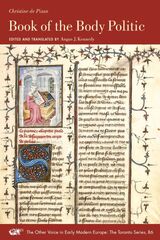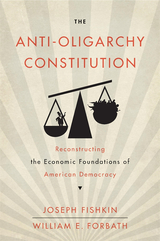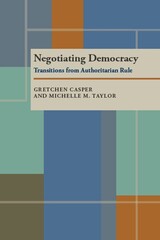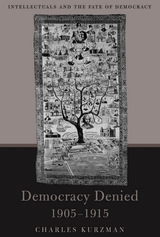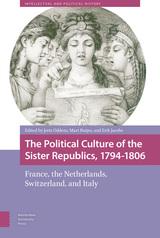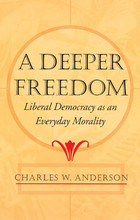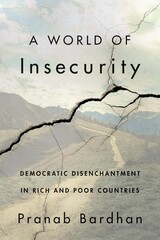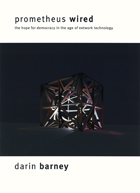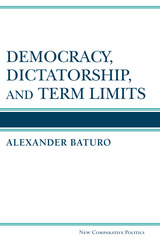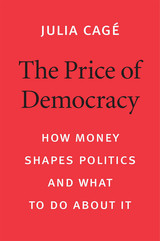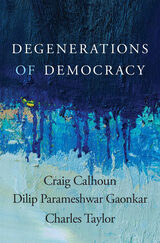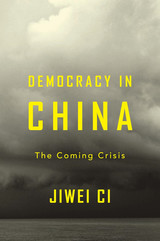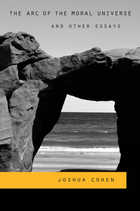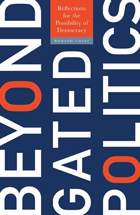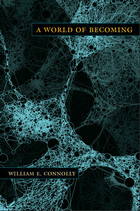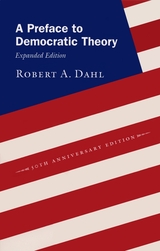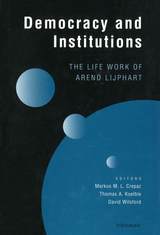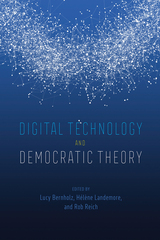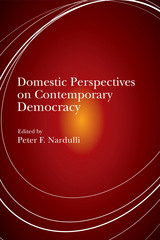eISBN: 978-0-472-12023-9 | Cloth: 978-0-472-11931-8
Library of Congress Classification JC423.B2637 2014
Dewey Decimal Classification 321.8
A national constitution or other statute typically specifies restrictions on executive power, often including a limit to the number of terms the chief executive may hold office. In recent decades, however, some presidents of newly established democracies have extended their tenure by various semilegal means, thereby raising the specter—and in some cases creating the reality—of dictatorship.
Alexander Baturo tracks adherence to and defiance of presidential term limits in all types of regimes (not only democratic regimes) around the world since 1960. Drawing on original data collection and fieldwork to investigate the factors that encourage playing by or manipulating the rules, he asks what is at stake for the chief executive if he relinquishes office. Baturo finds that the income-generating capacity of political office in states where rent-seeking is prevalent, as well as concerns over future immunity and status, determines whether or not an executive attempts to retain power beyond the mandated period. Democracy, Dictatorship, and Term Limits will appeal to scholars of democratization and executive power and also to political theorists.
See other books on: Democracy | Dictatorship | International Relations | Political Process | Term Limits
See other titles from University of Michigan Press
